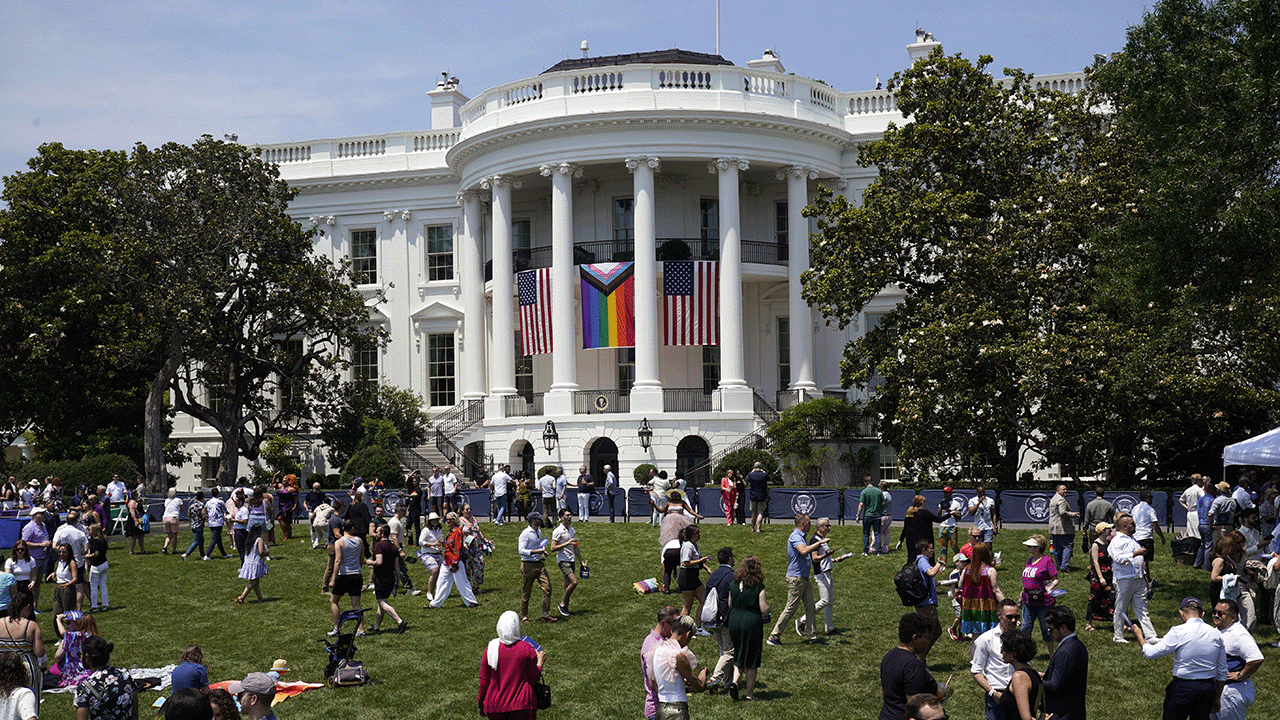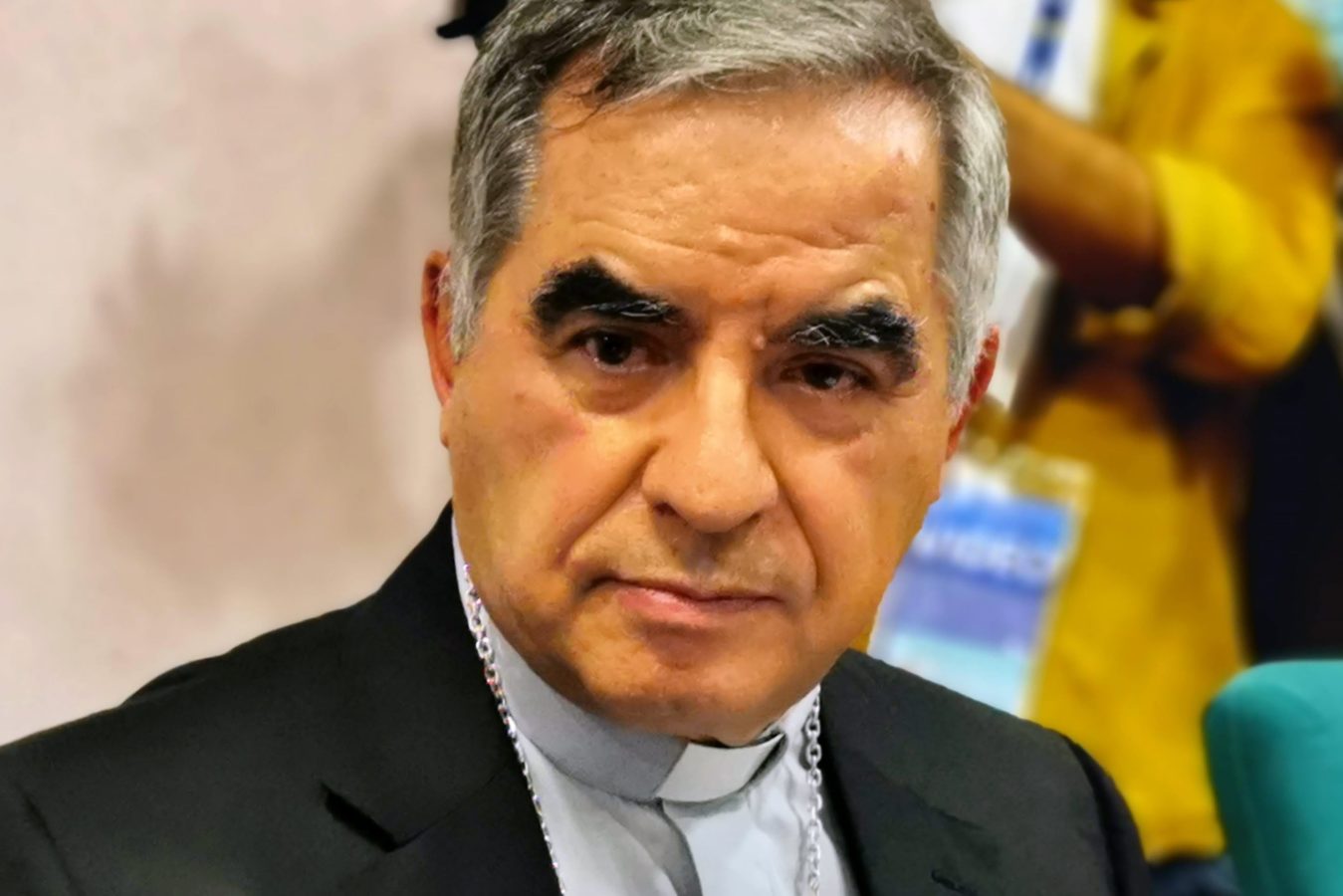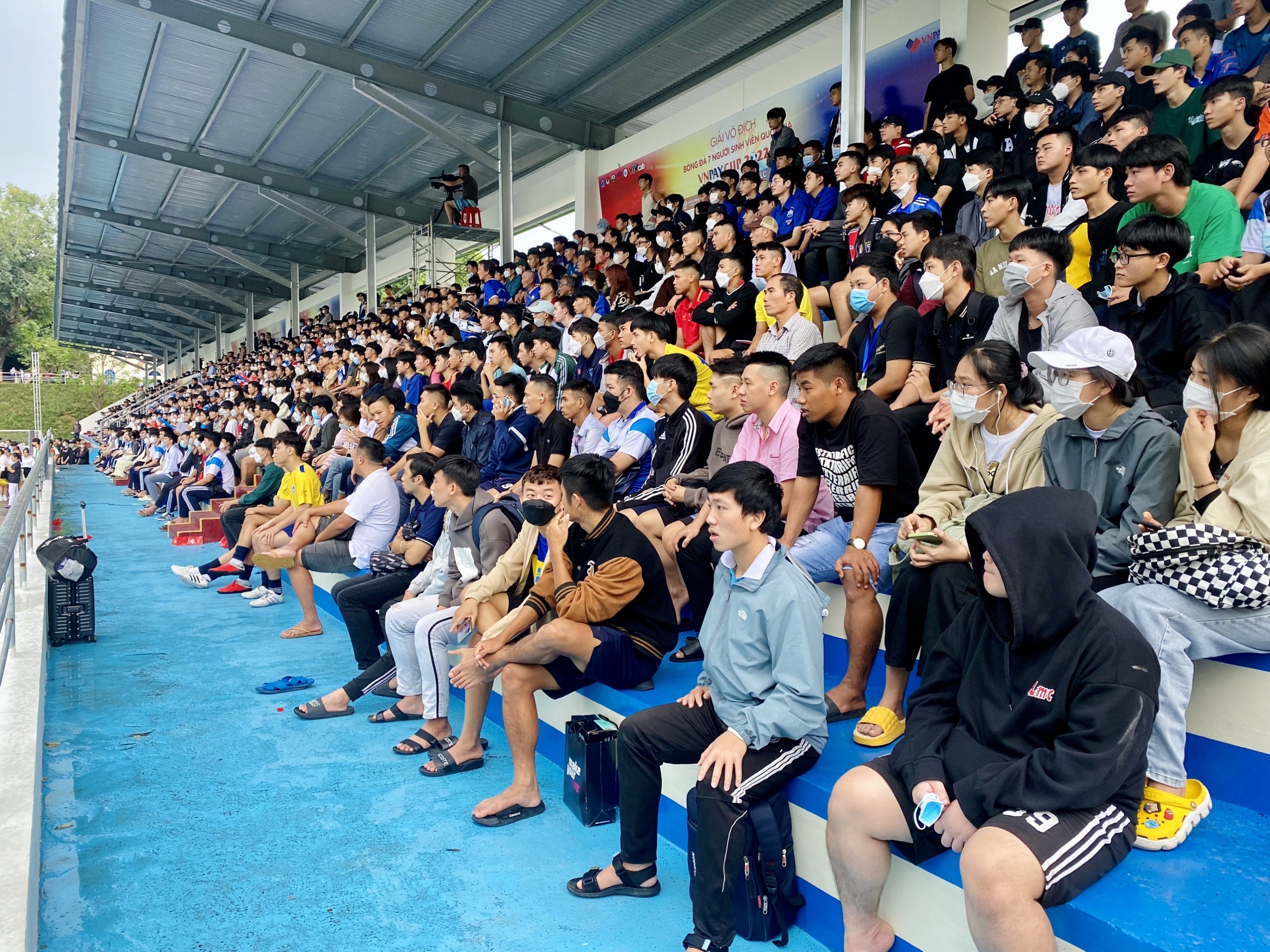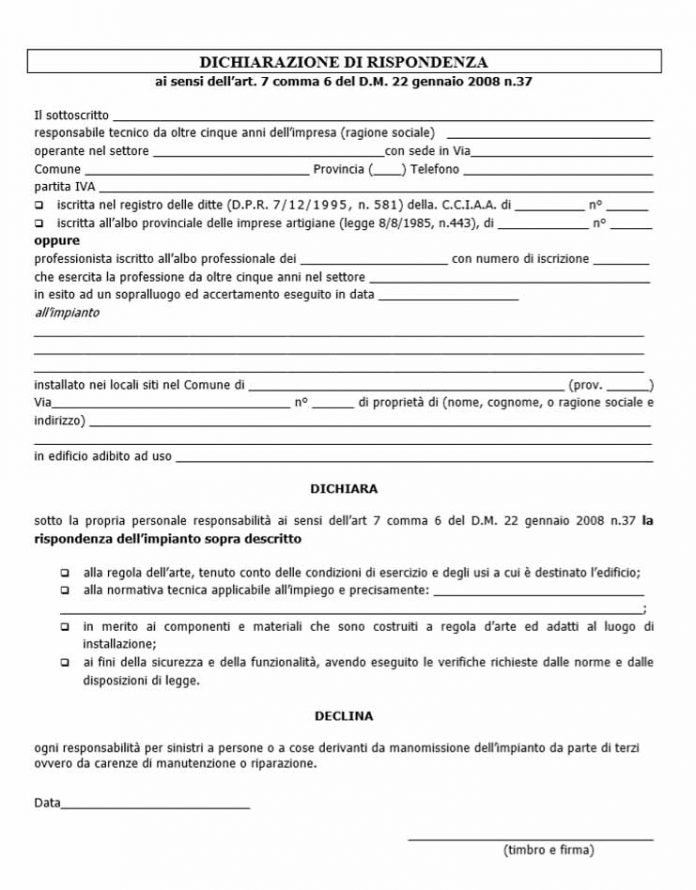Eurovision's Pride Flag Controversy: What Happened And Why?

Table of Contents
Keywords: Eurovision, Pride flag, LGBTQ+, controversy, Eurovision 2023, LGBT rights, political statements, broadcasting rights, social media, public opinion.
The 2023 Eurovision Song Contest, while celebrated for its dazzling performances and international camaraderie, also sparked significant debate surrounding the visibility of the Pride flag. This article examines the events that fueled this controversy, analyzing the various perspectives and underlying tensions concerning LGBTQ+ rights and political expression within the context of this major international music competition. The seemingly simple presence of a symbol became a lightning rod for complex social and political issues, highlighting the delicate balance between inclusivity and potentially alienating a portion of the viewership.
The Events Leading to the Eurovision Pride Flag Controversy:
The Eurovision 2023 Pride flag controversy wasn't a single event, but rather a confluence of incidents that ignited a firestorm of discussion on social media and in mainstream news outlets. Several factors contributed to the escalating tension.
- Audience Displays: Numerous audience members displayed Pride flags throughout the contest, expressing their support for the LGBTQ+ community. While this was largely welcomed by many, it also became a focal point of the controversy.
- Performers' Statements: Some performers subtly or overtly incorporated messages of LGBTQ+ inclusion into their performances or interviews, further fueling the debate. For example, [Insert specific example of a performer's action or statement here].
- Broadcaster Reactions: The reactions of various national broadcasters varied widely. Some actively promoted inclusivity, while others remained silent or even subtly discouraged displays of LGBTQ+ support, reflecting differing societal norms and political climates in their respective countries. [Insert specific examples of broadcaster reactions here].
- Official EBU Statement: The European Broadcasting Union (EBU), the organizer of Eurovision, released a statement [mention the statement's general tone and content regarding political neutrality and freedom of expression]. This statement, however, did little to quell the controversy, with interpretations varying greatly depending on individual perspectives.
Differing Perspectives on the Eurovision Pride Flag Controversy:
The presence of the Pride flag at Eurovision 2023 generated sharply contrasting viewpoints.
Supporters of Pride Flag Displays:
Arguments in favor of including LGBTQ+ representation at Eurovision emphasized the competition's potential as a platform for positive social change.
- Inclusivity and Tolerance: Supporters argued that Eurovision, as a global event, should reflect the diversity of its audience and promote inclusivity and tolerance towards all communities, including the LGBTQ+ community.
- Visibility and Representation: The visibility of the Pride flag was seen as crucial for LGBTQ+ individuals, providing a sense of belonging and validating their existence within a broader, international context.
- Counterarguments to Politicization: Claims of "politicizing" Eurovision were countered by the assertion that celebrating diversity is not inherently political, but rather a matter of basic human rights.
Critics of Pride Flag Displays:
Conversely, critics raised several concerns about the prominence of the Pride flag.
- Politicization of the Event: Many critics argued that the event should remain apolitical, focusing solely on the musical performances rather than becoming a platform for social or political agendas.
- National Sensitivities and Broadcasting Regulations: Differing cultural norms and broadcasting regulations across participating countries were cited as reasons to limit overtly political displays, highlighting the potential for alienating viewers in certain regions.
- Alienating Viewership: Concerns were raised that prominent displays of the Pride flag could alienate viewers in countries with less tolerant attitudes towards LGBTQ+ individuals, potentially impacting viewership and ratings.
The Broader Context: LGBTQ+ Rights and Political Expression:
The Eurovision Pride flag controversy is firmly embedded within the larger context of LGBTQ+ rights and freedom of expression across Europe and beyond.
- Varying Levels of Acceptance: Europe itself presents a diverse landscape regarding LGBTQ+ acceptance, with significant variations between countries in terms of legal protections, social acceptance, and cultural norms.
- Media's Role in Shaping Opinion: The media played a crucial role in shaping public perception of the events, with different outlets framing the story through various lenses, reflecting their own biases and political leanings.
- Art vs. Politics: The fundamental question of the separation of art and politics was hotly debated, with opinions diverging sharply on whether Eurovision should strictly focus on music or also serve as a platform for social commentary and advocacy.
The Impact and Aftermath of the Controversy:
The Eurovision Pride flag controversy had a measurable impact, both immediately and in the longer term.
- Policy Changes: The EBU may adjust its guidelines for future events concerning political statements and displays, although specific changes remain to be seen.
- Increased Public Debate: The controversy significantly amplified public debate and media attention surrounding LGBTQ+ issues, raising awareness and fostering further discussion across a wide spectrum of society.
- Social Media Reactions: Social media platforms became battlegrounds for intense discussions, with passionate arguments and counterarguments expressed by individuals and groups from diverse backgrounds.
Conclusion:
The Eurovision Pride flag controversy of 2023 exposed the complex interplay between artistic expression, political viewpoints, and cultural sensitivities on a global scale. The clash of perspectives on LGBTQ+ representation and the role of entertainment in social change was starkly revealed. The event serves as a powerful reminder of the ongoing debates surrounding inclusivity and freedom of expression in our increasingly interconnected world.
What are your thoughts on the Eurovision Pride flag controversy? Share your perspective in the comments below, and let's continue the discussion about inclusivity and LGBTQ+ representation at Eurovision and beyond. #Eurovision #Pride #LGBTQ+ #Controversy #Eurovision2023

Featured Posts
-
 Unlocking The Health Benefits Of Asparagus Nutrition And More
Apr 30, 2025
Unlocking The Health Benefits Of Asparagus Nutrition And More
Apr 30, 2025 -
 New Revelations Support Cardinal Beccius Claim Of Unfair Trial
Apr 30, 2025
New Revelations Support Cardinal Beccius Claim Of Unfair Trial
Apr 30, 2025 -
 Nha Vo Dich Dau Tien Cua Giai Bong Da Thanh Nien Sinh Vien Quoc Te Cau Chuyen Lich Su
Apr 30, 2025
Nha Vo Dich Dau Tien Cua Giai Bong Da Thanh Nien Sinh Vien Quoc Te Cau Chuyen Lich Su
Apr 30, 2025 -
 Becciu Appello Del 22 Settembre Dichiarazione Di Innocenza
Apr 30, 2025
Becciu Appello Del 22 Settembre Dichiarazione Di Innocenza
Apr 30, 2025 -
 Doubt Cast On Vitals Inquiry Report Following Expert Witness Testimony
Apr 30, 2025
Doubt Cast On Vitals Inquiry Report Following Expert Witness Testimony
Apr 30, 2025
